Blended Learning Magnifies a Teacher’s Power
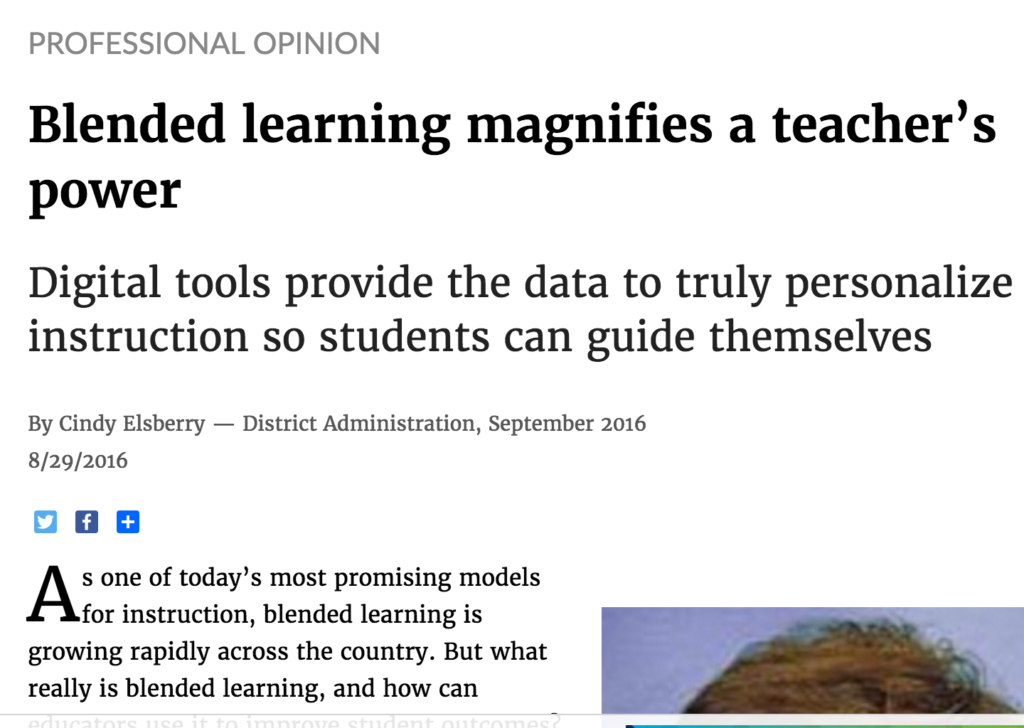
In this article, Cindy Elsberry, the former superintendent of Horry County Schools in South Carolina, a high-poverty district which won national acclaim for its digital transformation, discusses the importance of blended learning. First, she outlines the six main types of blended learning models used to combine online learning with direct instruction to create a personalized… Read More ›
Place-Based Education: Communities as Learning Environments
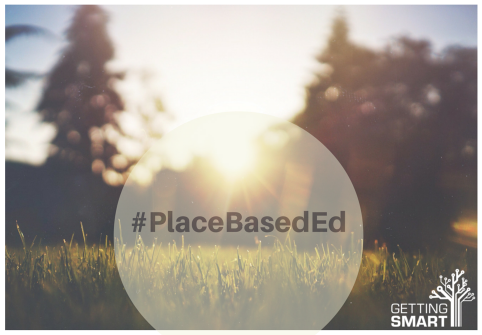
This was originally posted on Getting Smart on May 9, 2016 as part of their Place-Based Education blog series. As the emergence of personalized learning, project-based learning and deeper learning approaches, the time is right to connect learning to communities in authentic and meaningful ways. This place-based education approach can serve as a framework to connect learning… Read More ›
School Redesign in Action Conference
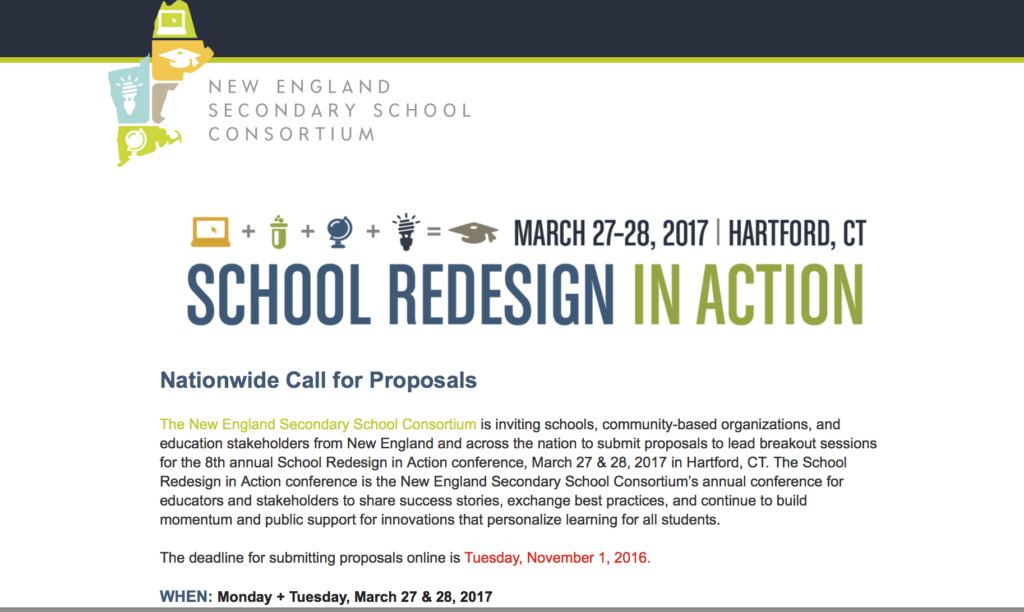
The 8th annual School Redesign in Action conference will be held on March 27 & 28, 2017 in Hartford, CT. The School Redesign in Action conference is the New England Secondary School Consortium’s annual conference for educators and stakeholders to share success stories, exchange best practices, and continue to build momentum and public support for… Read More ›
Do Teacher Expectations Matter?
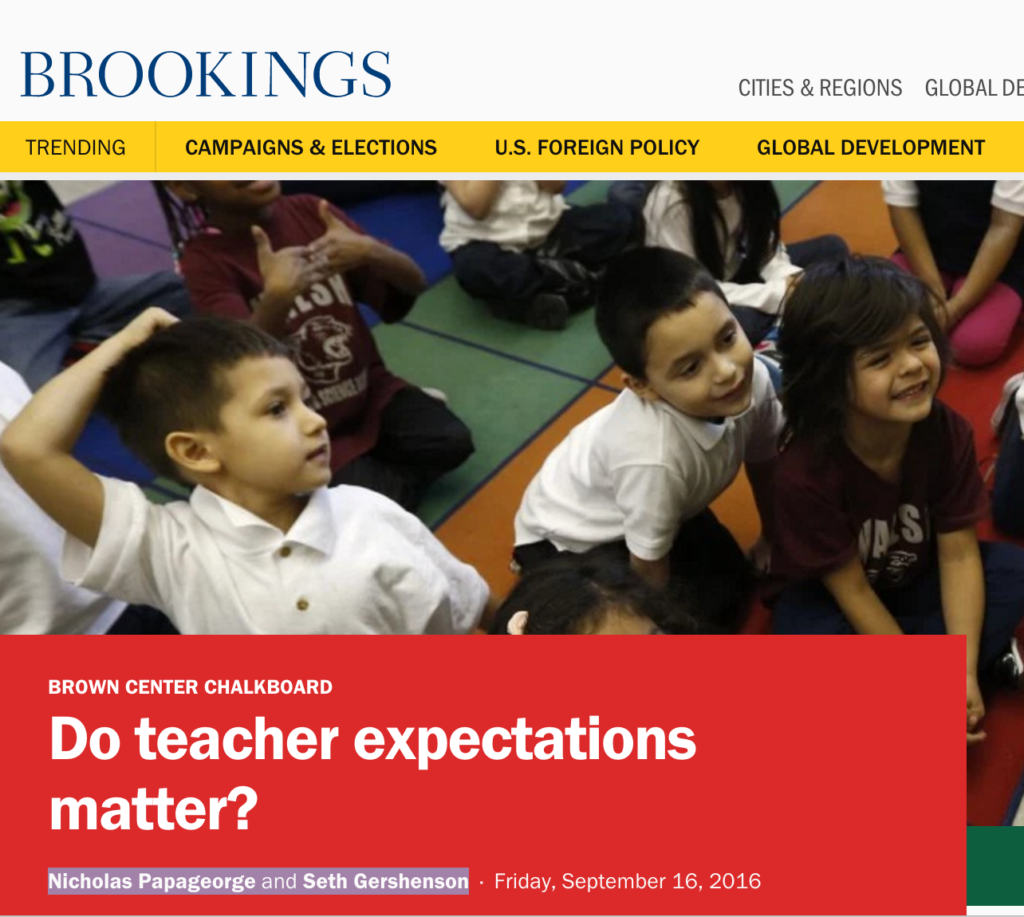
In this discussion paper, researchers from the Brookings Institute examine the causal impact of teacher expectations on student outcomes. The study looked at nationally representative data of 6,000 tenth grade students in 2002 and their educational attainment data as of 2012. This data shows that teacher expectations do have an impact on the level of… Read More ›
How Kids Learn Resilience
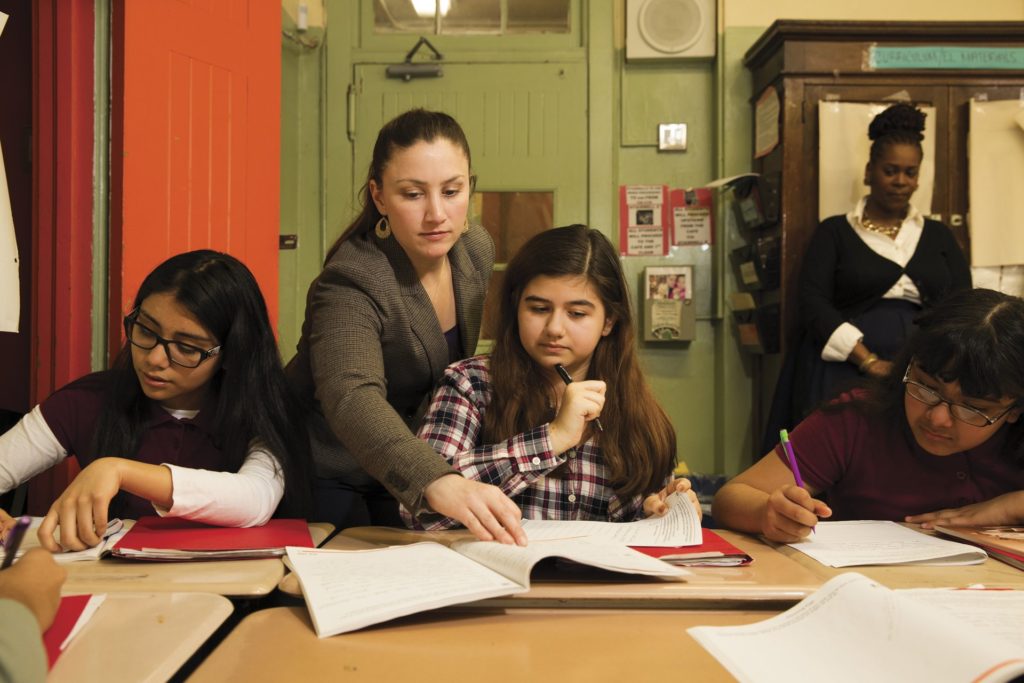
In this article, author Paul Tough asserts that non-cognitive traits or skills like grit, self regulation, optimism, and resilience cannot be “taught” but are more effectively built through student-centered environments which include both a sense of belonging and academic challenges. The article reviews recent brain-based research which shows development of non-cognitive traits is influenced by… Read More ›
Cracking the Code: Giving More Students Access to Computer Science

This post was originally published on American Youth Policy, July 11, 2016 Long, long ago, on a continent far, far away, I was determined to take a course in Computer Science. As I was an Arts Department major at my university in Cape Town, South Africa, I had to apply for special permission to venture into… Read More ›
Stanford Experiments with Virtual Reality, Social-Emotional Learning and Oculus Rift
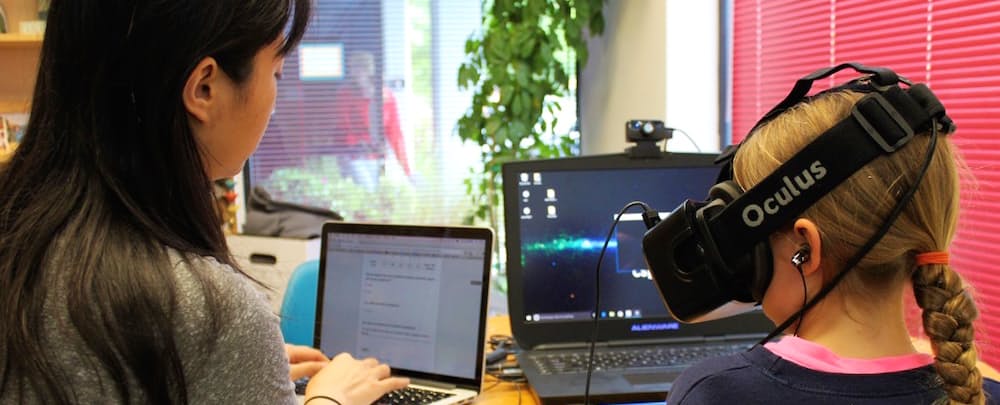
This article describes the experiments conducted by Stanford graduate students at two California schools to harness new virtual reality technology to build student’s social emotional skills (SEL). At San Jose’s Alpha Public Schools, students are testing out Emoti, a virtual reality (VR) mindfulness exercise developed with a grant from inspirED, a partnership between Facebook and… Read More ›
How Can Schools Prioritize For The Best Ways Kids Learn?
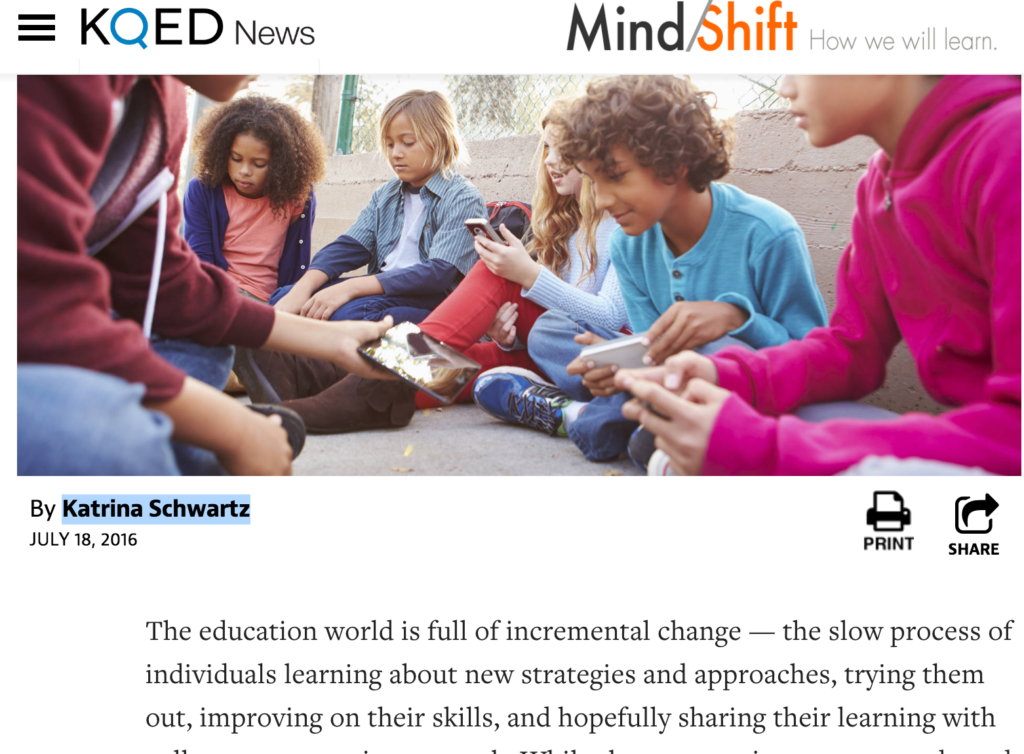
This video and corresponding article from the former English teacher Will Richardson’s presentation at the 2016 International Society for Technology in Education (ISTE) is on the need to match our beliefs and the research about how kids learn best with the reality of teaching and learning practices. Mr. Richardson looks to the types of learning students do… Read More ›
Can Students Click Their Way to a Better World?
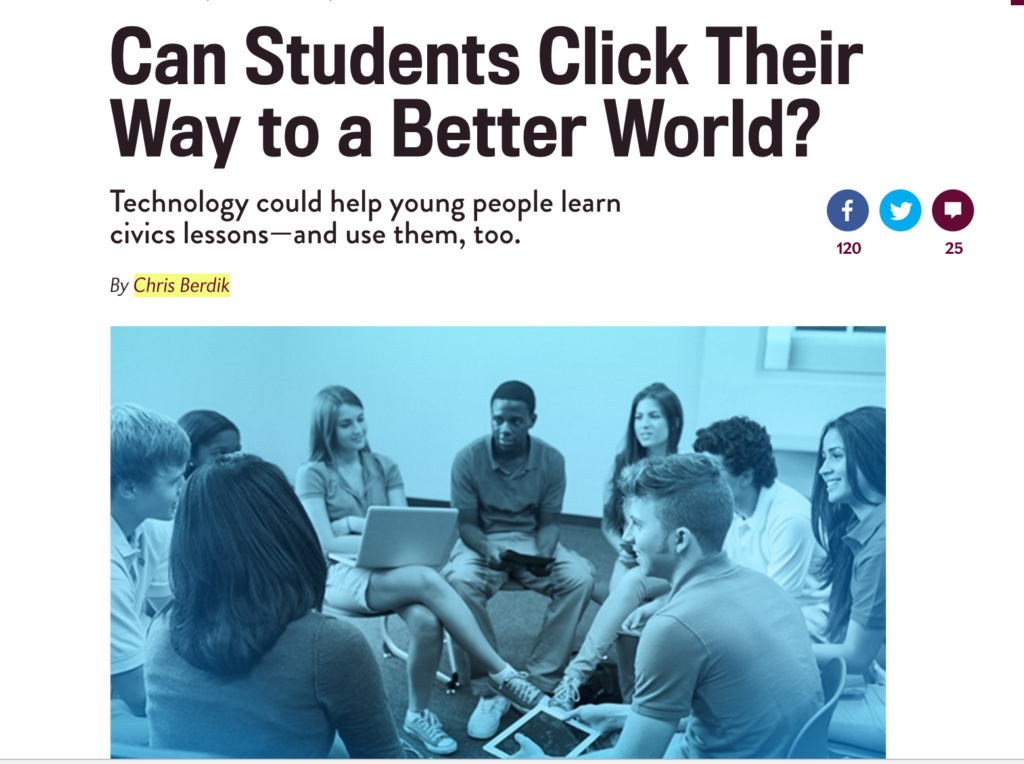
In this article, Chris Berdik, science journalist and author, explores why technology could be the key to better civics education for young people today. He argues the national trend of low levels of civics proficiency is the result of an outdated approach to teaching civics. Instead, teachers should use technology to engage students. The article… Read More ›
College, Career & Technology Academy Toolkit
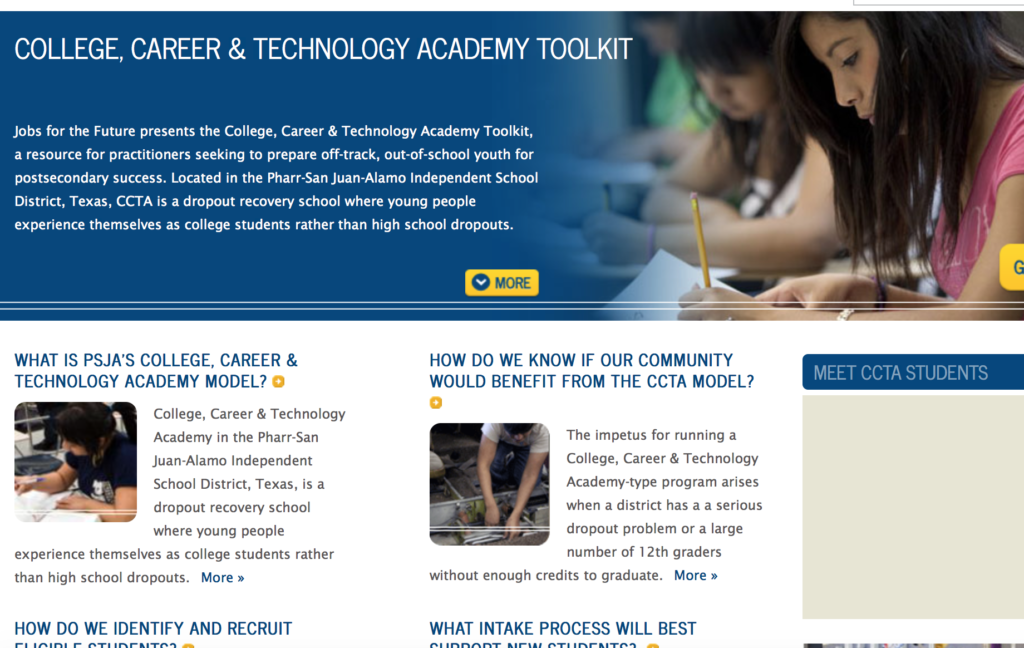
This toolkit was designed as a resource for practitioners seeking to prepare off-track, out-of-school youth for postsecondary success. Located in the Pharr-San Juan-Alamo Independent School District, Texas, CCTA is a dropout recovery school where young people experience themselves as college students rather than high school dropouts. Students take a specific set of courses designed to… Read More ›
Teaching the Whole Child: Instructional Practices That Support Social-Emotional Learning in Three Teacher Evaluation Frameworks
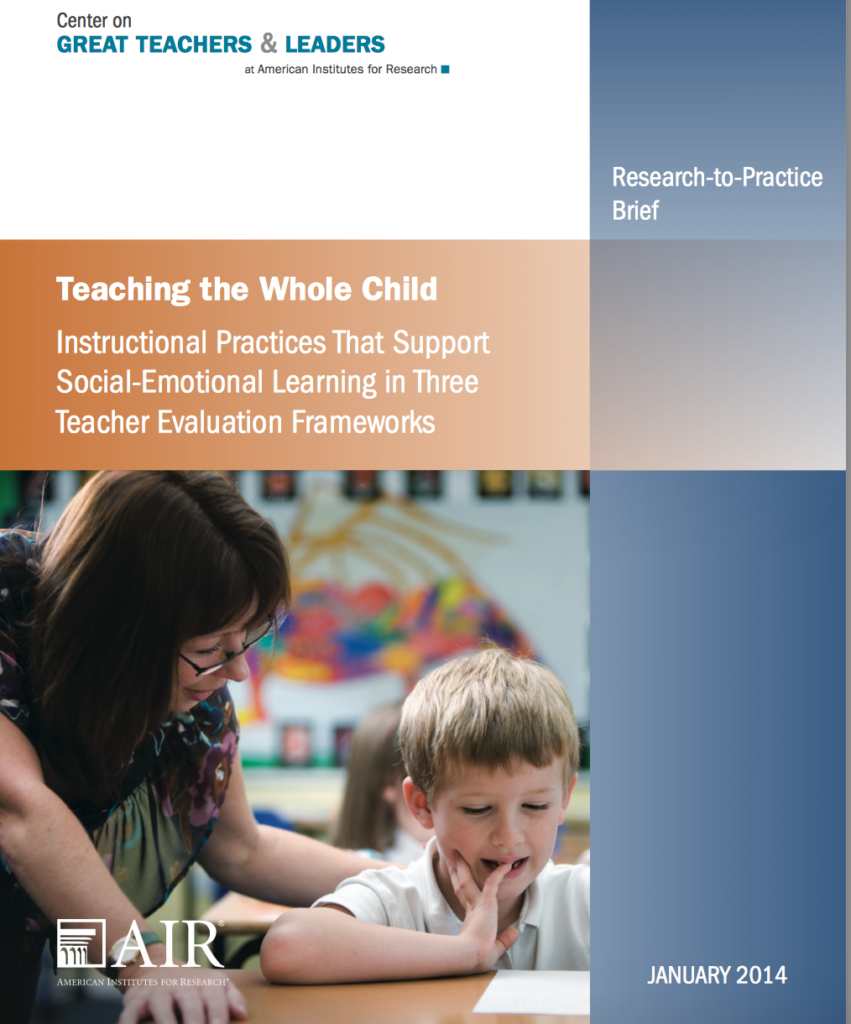
This research-to-practice brief explores teaching practices that promote social-emotional learning (SEL) and positive learning environments. The author begins with an overview of SEL and discusses action steps policymakers and educators can take to support it. Next, the brief provides an overview of 10 teaching practices that encourage the development of SEL. These practices were identified… Read More ›
New Haven Board of Education Reflects on Perceived Success of ‘Student Voice’
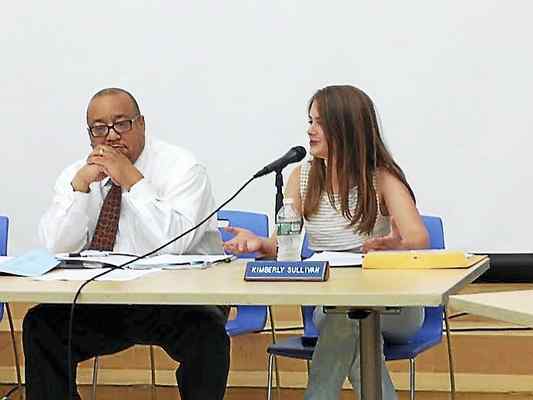
This article in the New Haven Register, discusses the impact that Kimberly Sullivan, inaugural student board member, has had on the New Haven Board of Education. Kimberly Sullivan finished her one-year term in June 2016, as the first student member on the New Haven Board of Education to graduate from high school. Sullivan, who was… Read More ›